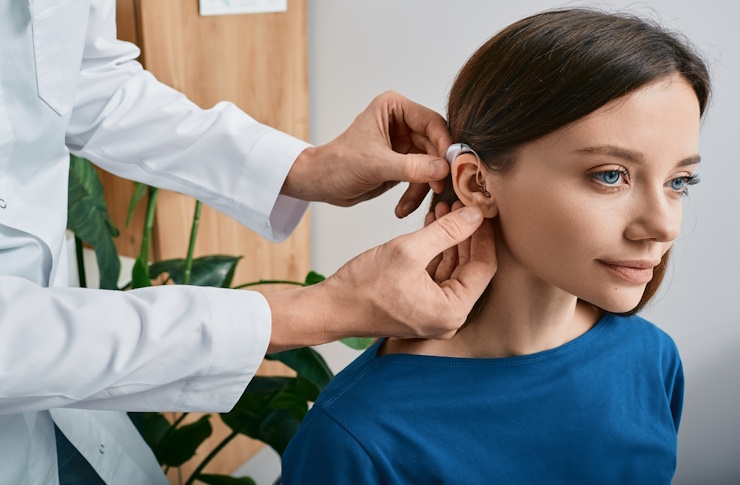Dog Allergy Relief: Understanding Treatment Options for Canine Allergies
Dog allergy relief involves reducing exposure to allergens such as dander and saliva. Methods may include air filters, frequent cleaning, and medical treatments like antihistamines. These approaches can ease symptoms for individuals sensitive to dogs.

How do dog allergies manifest?
Allergic reactions in dogs often present through skin irritation and itching. Signs of dog allergies may include excessive scratching, licking, or chewing of the skin, especially around the paws, face, and ears. Some dogs may develop red, inflamed skin or develop hot spots. In some cases, allergies can lead to respiratory symptoms such as sneezing or coughing, or gastrointestinal issues if the allergy is food-related.
What are medical treatments available for dog allergies?
Several medical treatments can provide relief for dogs suffering from allergies. Antihistamines, commonly used in humans, can also be effective for dogs, reducing itching and inflammation. Corticosteroids may be prescribed for more severe cases to quickly alleviate symptoms, though long-term use should be monitored due to potential side effects. Immunotherapy, which involves administering small doses of the allergen to build tolerance, can be an effective long-term solution for some dogs with environmental allergies.
Are there natural remedies for dog allergy relief?
Many pet owners seek natural remedies to complement or replace traditional medical treatments. Omega-3 fatty acid supplements can help reduce inflammation and improve skin health. Regular bathing with hypoallergenic shampoos can help remove allergens from the skin and coat. Some pet owners report success with herbal remedies like chamomile or calendula, which have soothing properties. However, it’s important to consult with a veterinarian before starting any natural treatment regimen.
How can environmental changes help manage dog allergies?
Making changes to a dog’s environment can significantly reduce exposure to allergens and provide relief. This may include using air purifiers to remove airborne allergens, regularly washing bedding in hot water, and vacuuming frequently with a HEPA filter vacuum. For dogs with pollen allergies, limiting outdoor time during high pollen count days and wiping paws after walks can help. In cases of food allergies, a carefully managed elimination diet can identify and remove problematic ingredients from the dog’s meals.
What products are available for dog allergy relief?
Several products are designed specifically to provide relief for dogs suffering from allergies. These range from medicated shampoos and topical treatments to dietary supplements and specially formulated foods. Here’s a comparison of some popular options:
| Product/Service Name | Provider | Key Features | Cost Estimation |
|---|---|---|---|
| Apoquel | Zoetis | Oral medication for itch relief | $2-$3 per tablet |
| Cytopoint | Zoetis | Injectable for long-lasting itch relief | $50-$150 per injection |
| Zesty Paws Allergy Immune Supplement | Zesty Paws | Chewable supplement with probiotics | $25-$30 for 90 chews |
| Virbac Allerderm Spot-On | Virbac | Topical treatment to support skin barrier | $30-$40 for 6 pipettes |
| Hill’s Prescription Diet d/d | Hill’s Pet Nutrition | Hypoallergenic dog food | $70-$90 for 25 lb bag |
Prices, rates, or cost estimates mentioned in this article are based on the latest available information but may change over time. Independent research is advised before making financial decisions.
Managing dog allergies often requires a multi-faceted approach, combining medical treatments, environmental management, and appropriate products. By working closely with a veterinarian and observing their dog’s responses, pet owners can develop an effective strategy to provide relief and improve their canine companion’s quality of life. Remember that each dog is unique, and what works for one may not work for another, so patience and persistence are key in finding the right allergy relief solution.
This article is for informational purposes only and should not be considered medical advice. Please consult a qualified healthcare professional for personalized guidance and treatment.




